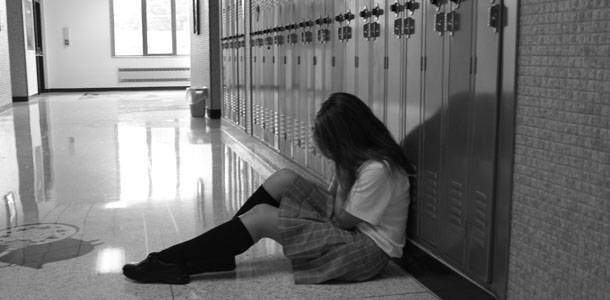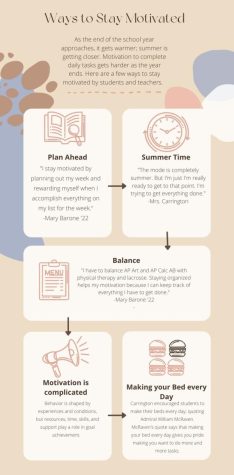School Bullying
School bullying is a huge issue throughout the world. No matter what school you go to, there will be bullying. Over 70% of middle school and high school students report being bullied at some point so it is obviously very hard to avoid. Sometimes, bullying can be taken to such an extent that legal action is possible. Most schools say they have zero tolerance for bullying but how will they know when a child is being bullied? According to the New Jersey Coalition for Bullying Awareness and Prevention, only 20-40% of victims will report bullying. Typically, bullying will start becoming a problem when children turn nine and it gets worse as they get older.
Verbal and Emotional Bullying
Verbal and emotional bullying are the most common forms of bullying and are hardest to avoid. They include things like spreading rumors, teasing/taunting, verbal harassment, threatening others, or saying something you know will hurt another persons feelings. Verbal and emotional bullying are considered the worst types of bullying because they are so hard to prevent or be noticed by an adult. To prevent verbal bullying, always speak up even if you are not the one being bullied. Hundreds of children commit suicide every year from verbal and emotional bullying. To prevent so many deaths all you have to do is speak up.
Physical Bullying
Physical bullying, although not as common as verbal or emotional bullying, is still a huge concern and can cause someone serious damage. Physical bullying includes hitting, punching, fighting, use of objects as weapons, and any physical contact meant to cause someone harm. It is one of the easily identifiable forms of bullying. njbullying.org statistics show that almost 23% of high school students have recently carried a weapon to school out of fear of physical bullying.
Effects of Bullying Over Time
The effects of bullying can last longer then most people think. Some adults well into their forties say they still feel the effects of bullying when they were as young as ten years old. The effects can also be more serious than most believe. Many short-term effects of bullying are excessive stress, depression, anxiety, anger, a significant drop in over all school performance, and even suicide. Some long-term effects include feelings of insecurity, lack of trust, extreme sensitivity, long-term vengeance, and mental illnesses such as psychopathy.
Statistics
Reference: New Jersey Coalition for Bullying Awareness and prevention
- 20–40% of bullying victims actually report being bullied
- 70% of middle school and high school students say they experience bullying in school
- 7–12% of bullies are constant and pose a serious threat
- 23% of 9th graders have carried a weapon to school recentlyin fear of physical bullying
- 5–15% of students say they are constantly bullied
- 25% of students encourage bullying if not given proper education and support in anti-bullying techniques

Aoife is a freshman at Padua Academy. She enjoys art, writing, and listening to music. Her Favorite sport is horseback riding.










